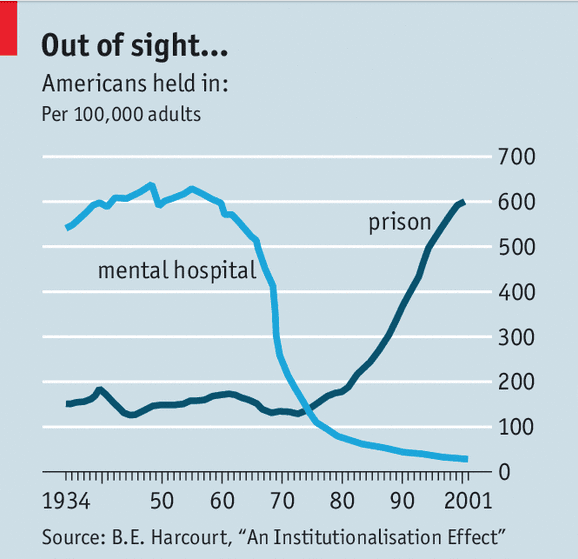 Happy holiday!
Happy holiday!
The US markets are closed for Memorial Day today but the rest of the World is open and we have a very exciting debt deal to discuss so why not publish a quick post before I start grilling?
A debt deal is on the table, promising relief to American taxpayers like the tantalizing aroma of a sizzling barbecue. Knowing the chefs, however, one can’t help but approach it with a little skepticism. President Biden and House Speaker McCarthy have reached a tentative agreement to raise the nation’s debt ceiling for two years and impose new spending limits.
HOWEVER, the deal still needs approval from both chambers of Congress, and its passage remains uncertain. While Treasury Secretary Yellen warns of a looming debt crisis, some Conservatives argue that the deal falls short of their expectations, raising concerns about the government’s ability to address the country’s financial challenges adequately.
The agreement, presented as a compromise, faces opposition from Conservative members of the Republican Party, who feel that their demands were not adequately met. There are concerns that the proposed $4 Trillion raise in the federal borrowing limit does not provide enough in return. Despite some Republicans praising the deal for cutting spending, the details are still emerging and subject to change. Some known deal-points are:
-
- The bill would suspend the nation’s debt limit through 2025 to avoid a federal default while limiting government spending.
- The bill would keep nondefense spending roughly flat in the 2024 fiscal year and increase it by 1% the following year.
- The bill would tighten restrictions for the SNAP food assistance program and the Temporary Assistance for Needy Families cash aid, imposing new time limits and work requirements for some recipients.
- The bill would streamline environmental reviews for energy projects and create a new office within the Department of Energy to coordinate federal permitting.
- The bill would fund medical care for veterans and provide additional resources for mental health services and suicide prevention.
- The bill would block a proposed 30% tax on digital asset mining energy that was part of Biden’s Inflation Reduction Act.
/cloudfront-us-east-1.images.arcpublishing.com/dmn/657CAYOJIRHL7IYUBTVRZN7D2M.jpg)
The agreement includes provisions related to Spending Levels, Food Aid, IRS funding, and unspent Covid-19 Money. It aims to keep nondefense spending at similar levels to the previous fiscal year and increase it slightly in subsequent years. The deal also tightens work requirements for Federal Food Aid, cuts IRS funding for tax enforcement and modernization efforts, and claws back some unspent Pandemic Funds. While the compromise represents the first major agreement between the White House and the new House Republican majority, it is likely to face challenges from both Conservative Republicans and Progressive Democrats.
Overall, the proposed deal is unlikely to significantly alter the nation’s long-term fiscal trajectory. It falls short of the initial demands from both sides, with spending cuts and tax increases abandoned in favor of kicking the can 2 years down the road. Mandatory spending programs like Social Security and Medicare, as well as interest on debt, remain untouched. This raises doubts about the deal’s effectiveness in addressing the broader fiscal challenges faced by the country, which may affect our credit rating – regardless of the compromise.
“You build up trust by stripping down pride
To get to the truth, you got to clear the way
It’s the only sure way through bad times and strife
It’s no fun alone, so everybody wants it
The cost is high but you’ll pay the price” – Southside Johnny
While the agreement is a concession for Democrats who initially wanted a debt ceiling increase without conditions, the negotiations highlight the ongoing ideological divide between the two parties. The deadlock over the debt ceiling has already caused market instability, with investors closely monitoring the situation. The global financial system relies heavily on U.S. government debt, and any potential default could have severe economic consequences. As the deal awaits Congressional approval, doubts remain about the government’s ability to navigate the complexities of the country’s debt and spending challenges going forward, nonetheless.
 In other news from the weekend:
In other news from the weekend:
- America’s Becoming a Suicide Pact
- Debt-Ceiling Relief May Be Short as Focus Turns to T-Bill Deluge
- ‘Kevin Caved’: McCarthy Savaged Over Debt Ceiling Deal
- Gross Domestic Income GDI Suggests US Is In Recession Right Now
- IMF Warns Of Prolonged High Interest Rates, Urges Fiscal Tightening To Tackle Inflation
- Dollar Is Still King in Europe and Swaying Interest Rates
- China, Once Pioneer of Zero Covid, Shrugs Off Looming Wave
- Brazilian Households Default Grow Amid High Interest Rates
- Erdogan Seals Election Victory in Turkey to Defy Naysayers
- Goldman: Current Market Is More Late Dot Com Bubble Than Crypto Bull Market
- Tesla Model Y Passes Toyota Corolla To Become Best Selling Car In The World In 2023
- Nvidia CEO Says Those Without AI Expertise Will Be Left Behind
 Avoid these topics at the barbeque and you can have a nice, enjoyable weekend – neither butane or propane are bad for the environment so at least THAT is not going to kill the kids in your family, whose company you are enjoying this weekend – just the meat and the car ride and the plastic waste.
Avoid these topics at the barbeque and you can have a nice, enjoyable weekend – neither butane or propane are bad for the environment so at least THAT is not going to kill the kids in your family, whose company you are enjoying this weekend – just the meat and the car ride and the plastic waste.
Enjoy!







